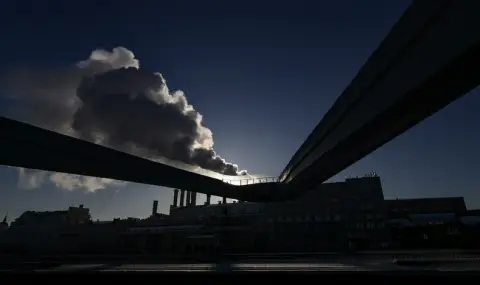Maintaining Europe's single gas market is likely to cost much more in the future as the system restructures due to the loss of its largest source of supply and the transition from gas to greener alternatives, writes the newspaper Financial Times.
The EU is still not out of the crisis and due to certain factors “the shrinking group of remaining consumers will have to bear the costs of maintaining oversized gas networks”, the publication said. Europe may find itself in a vicious circle in which system tariffs continue to rise because fewer consumers are willing to pay them.
Germany's introduction in 2022 of charging other countries to store gas in their storage facilities is one of the industry's most controversial moves. This decision was taken to offset the multi-billion dollar losses the government incurred in buying gas at record high prices two years ago to fill storage.
European gas transmission network operators in Austria, Slovakia and the Czech Republic plan to increase fees for transporting gas through their systems to compensate for the loss of revenue from Russian transit. These additional transport costs will make the supply of gas to the south and west of Central Europe more expensive.
The EU needs fundamental decisions on these additional costs, “otherwise the fragmentation of its markets could be inevitable”, the newspaper notes.
The transit line through Ukraine remains the only route for the supply of Russian gas to the countries of Western and Central Europe after the destruction of Nord Stream.
